Chickweed
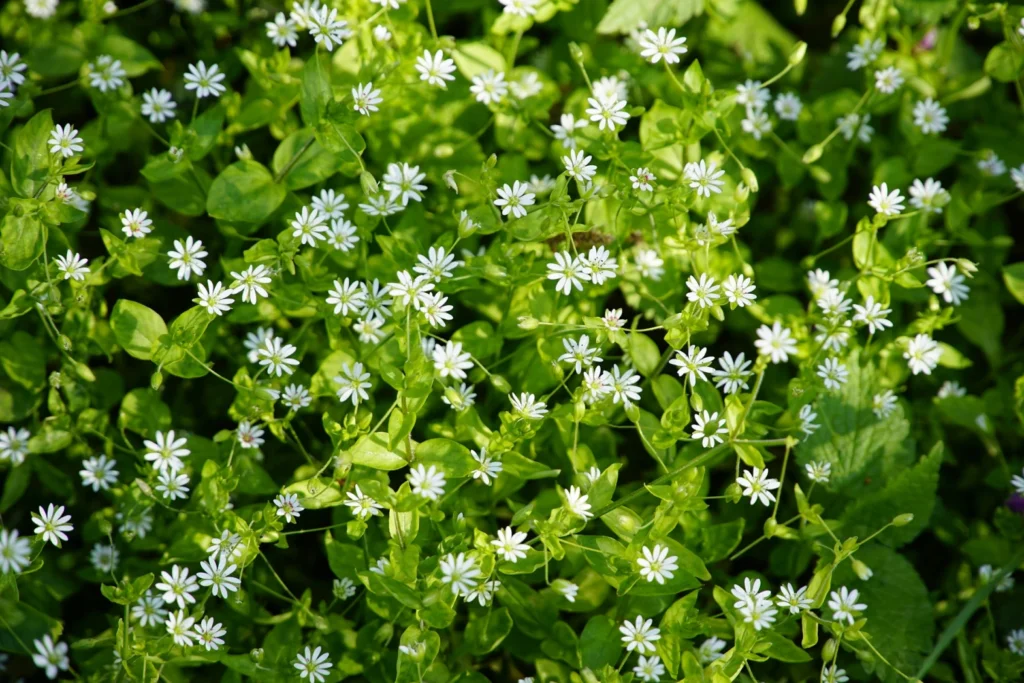
Chickweed is a small, delicate annual herb that thrives in cool, moist environments. It is commonly found in gardens, lawns, and meadows, often considered a weed due to its prolific growth. Despite its invasive nature, Chickweed is highly valued in herbal medicine for its soothing and healing properties. The plant has small, star-shaped white flowers and tender, green leaves that are edible and nutritious.
1. Size:
- Chickweed typically grows low to the ground, reaching heights of about 4 to 12 inches (10 to 30 cm). It spreads rapidly, forming dense mats that can cover large areas.
2. Color:
- The leaves of Chickweed are bright green, and the stems are also green, sometimes tinged with purple. The small, star-like flowers are white with five deeply notched petals, giving the appearance of ten petals.
3. Texture:
- Chickweed leaves are soft, smooth, and tender, making them pleasant to eat raw. The stems are also delicate and have a slightly succulent feel.
4. Fragrance:
- Chickweed has a mild, earthy fragrance, with a subtle, fresh scent that is not overpowering. It is often described as having a slightly grassy aroma.
5. Uses:
Chickweed leaves and stems are edible and can be eaten raw in salads, sandwiches, or as a garnish. They can also be cooked like spinach and added to soups, stews, and other dishes.
Chickweed is widely used in herbal medicine for its cooling and soothing properties. It is often applied topically to relieve itching, inflammation, and minor skin irritations. Internally, it is used to support digestive health and as a mild diuretic.
Chickweed is a popular ingredient in natural skincare products, especially in salves and creams designed to treat eczema, rashes, and insect bites.
The herb is also used to promote detoxification, helping to cleanse the body of toxins and support overall health.
6. Habitat:
- Chickweed is native to Europe but has spread throughout the world. It thrives in cool, moist environments and can be found in gardens, lawns, fields, and along roadsides. It prefers rich, well-drained soil and can grow in both full sun and partial shade.
7. Cultural and Spiritual Significance:
In some cultures, Chickweed is seen as a symbol of humility and simplicity due to its modest appearance and widespread growth.
Chickweed has been used traditionally in various cultures as a remedy for respiratory issues, digestive problems, and skin conditions.
Spiritual Properties
Healing and Soothing: Chickweed is often associated with healing and soothing energies in spiritual practices. It is believed to help calm the mind and body, promoting inner peace and relaxation.
Protection and Purification: Chickweed is sometimes used in spiritual rituals for protection and purification, helping to clear away negative energy and promote a sense of well-being.
Medicinal Properties
Anti-Inflammatory: Chickweed is known for its anti-inflammatory properties, making it effective in treating skin conditions such as eczema, rashes, and minor wounds.
Demulcent: The herb acts as a demulcent, soothing irritated tissues and helping to relieve dryness and discomfort, particularly in the digestive and respiratory systems.
Diuretic: Chickweed has mild diuretic properties, which can help reduce water retention and support kidney health.
Digestive Aid: Chickweed is often used to promote healthy digestion, helping to alleviate symptoms of indigestion, bloating, and constipation.
Allergic Reactions
Chickweed (Stellaria media) is generally considered safe for consumption and external use. However, excessive consumption may cause mild digestive issues, and individuals with certain health conditions should consult a healthcare professional before use.
Skin Sensitivity: Some individuals may experience skin sensitivity or mild allergic reactions when applying Chickweed topically, particularly if they have sensitive skin.
Respiratory Irritation: Inhaling large amounts of Chickweed powder or dust may cause respiratory irritation, leading to coughing or shortness of breath, especially in those with respiratory conditions.
Digestive Discomfort: While Chickweed is generally safe for consumption, eating large quantities may cause digestive discomfort, including nausea, diarrhea, or stomach cramps.
Interaction with Medications: Chickweed may interact with certain medications, particularly diuretics or blood-thinning drugs. It is advisable to consult a healthcare provider before using Chickweed if you are taking any medications.
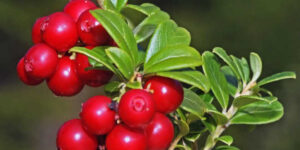
Uva Ursi
Uva Ursi Uva Ursi, also known as bearberry, is a small, evergreen shrub that is prized for its medicinal properties, particularly in treating urinary tract
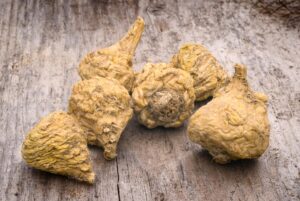
Maca Root
Maca Root Maca Root is a plant native to the Andes Mountains in Peru, known for its tuberous root that has been used for centuries
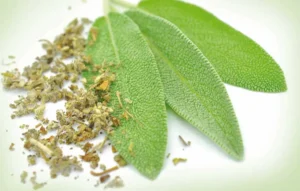
Sage Leaf
SageLeaf Sage Leaf comes from the Salvia officinalis plant, which is part of the mint family. The leaves are known for their aromatic properties and

Recipe Template
Hibiscus Flowers The overall appearance of hibiscus flowers is bold and exotic, making them a popular choice for gardens, decorations, and floral arrangements. Their stunning
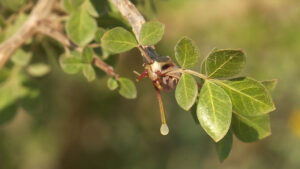
Balm of Gilead
Balm of Gilead Balm of Gilead is derived from the resinous buds of the Populus species, particularly Populus candicans or Populus balsamifera. This aromatic substance
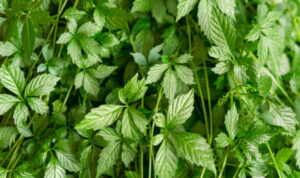
Jiaogulan
Jiaogulan Jiaogulan, often referred to as "Southern Ginseng" or "Herb of Immortality," is a climbing vine native to Southern China and other parts of Asia.